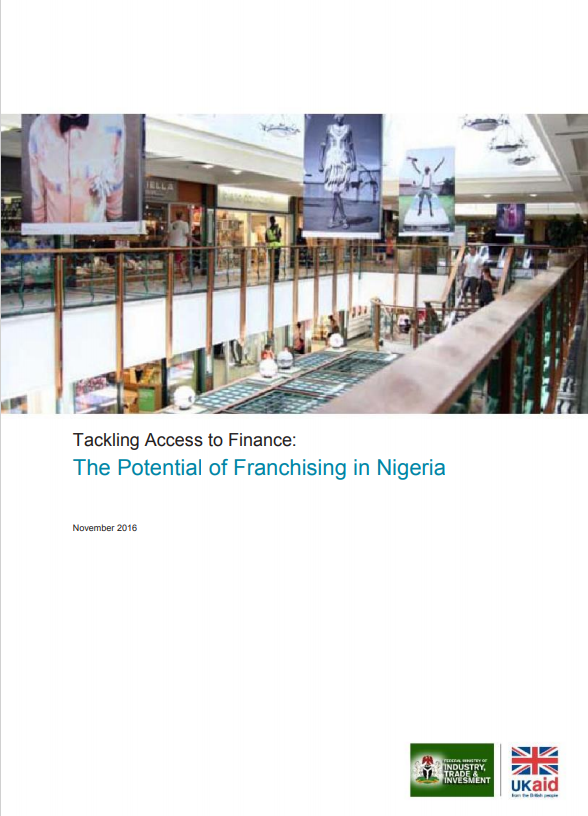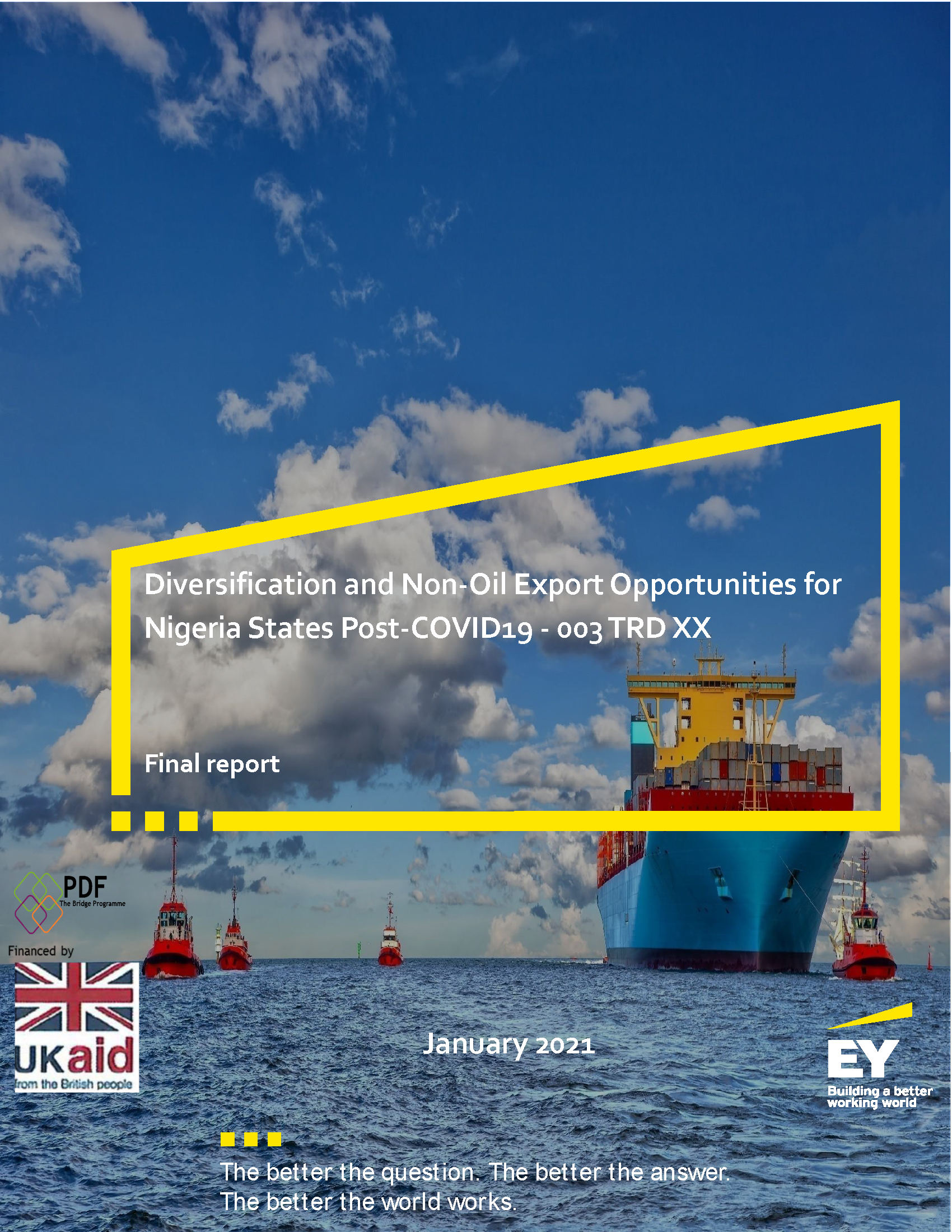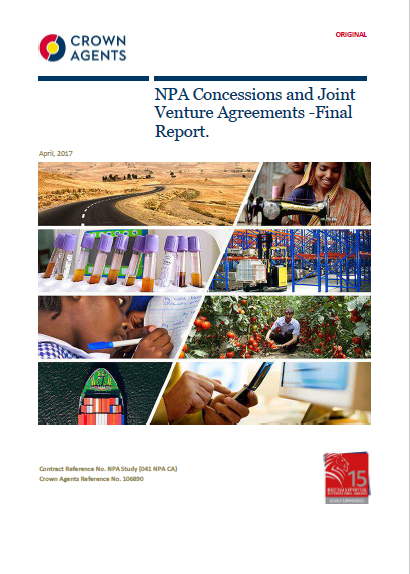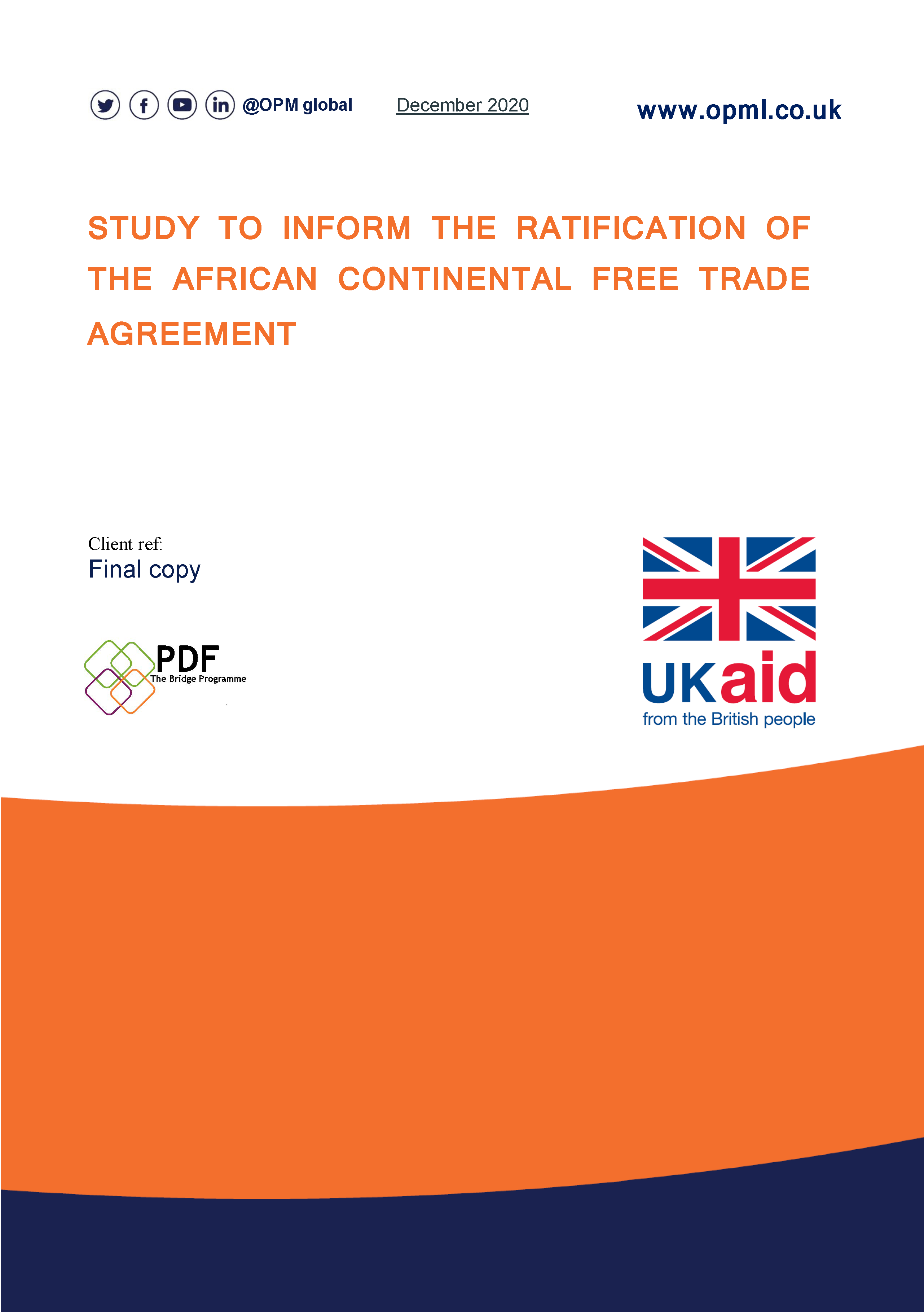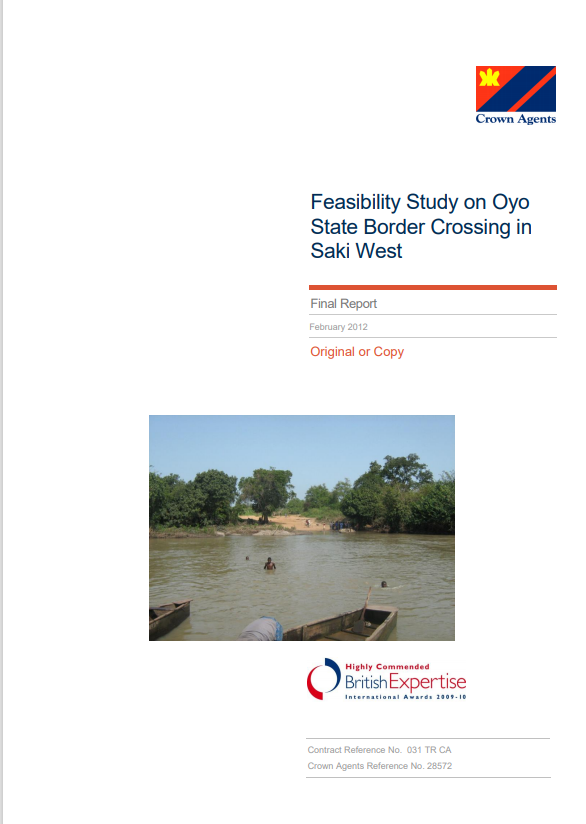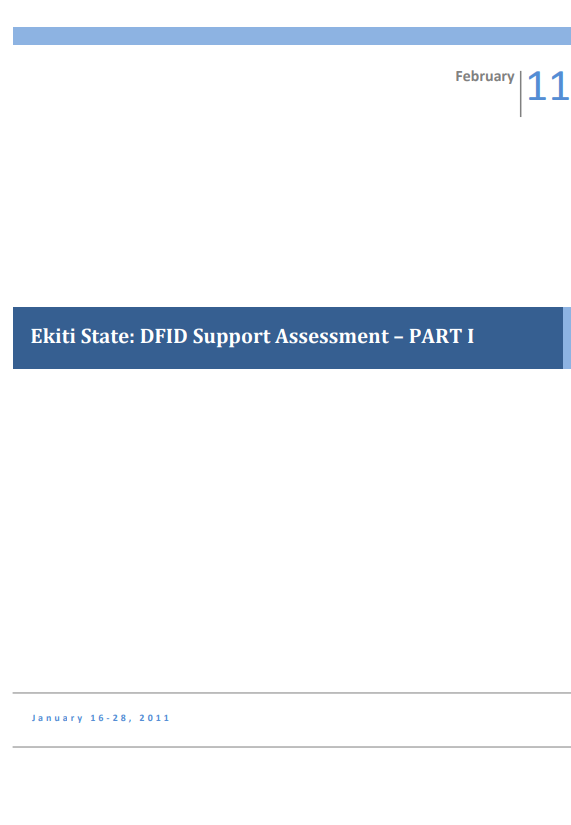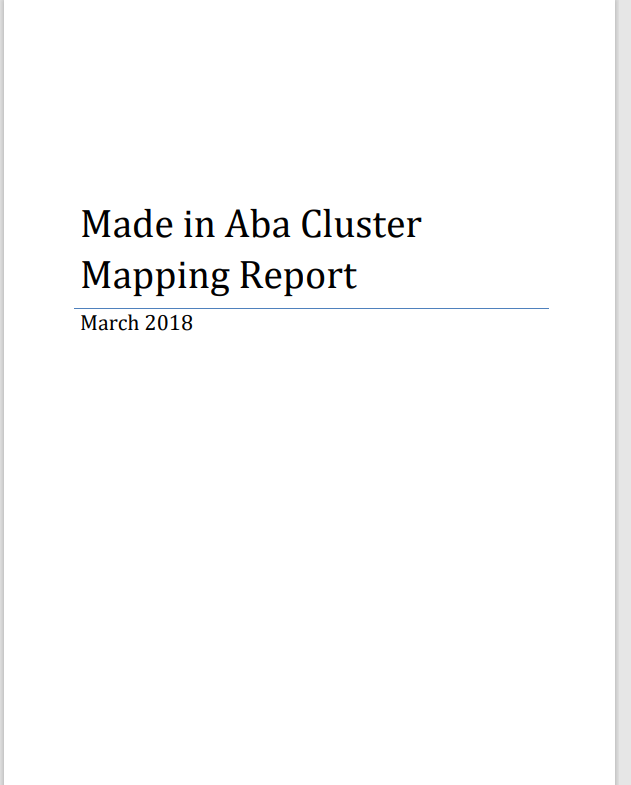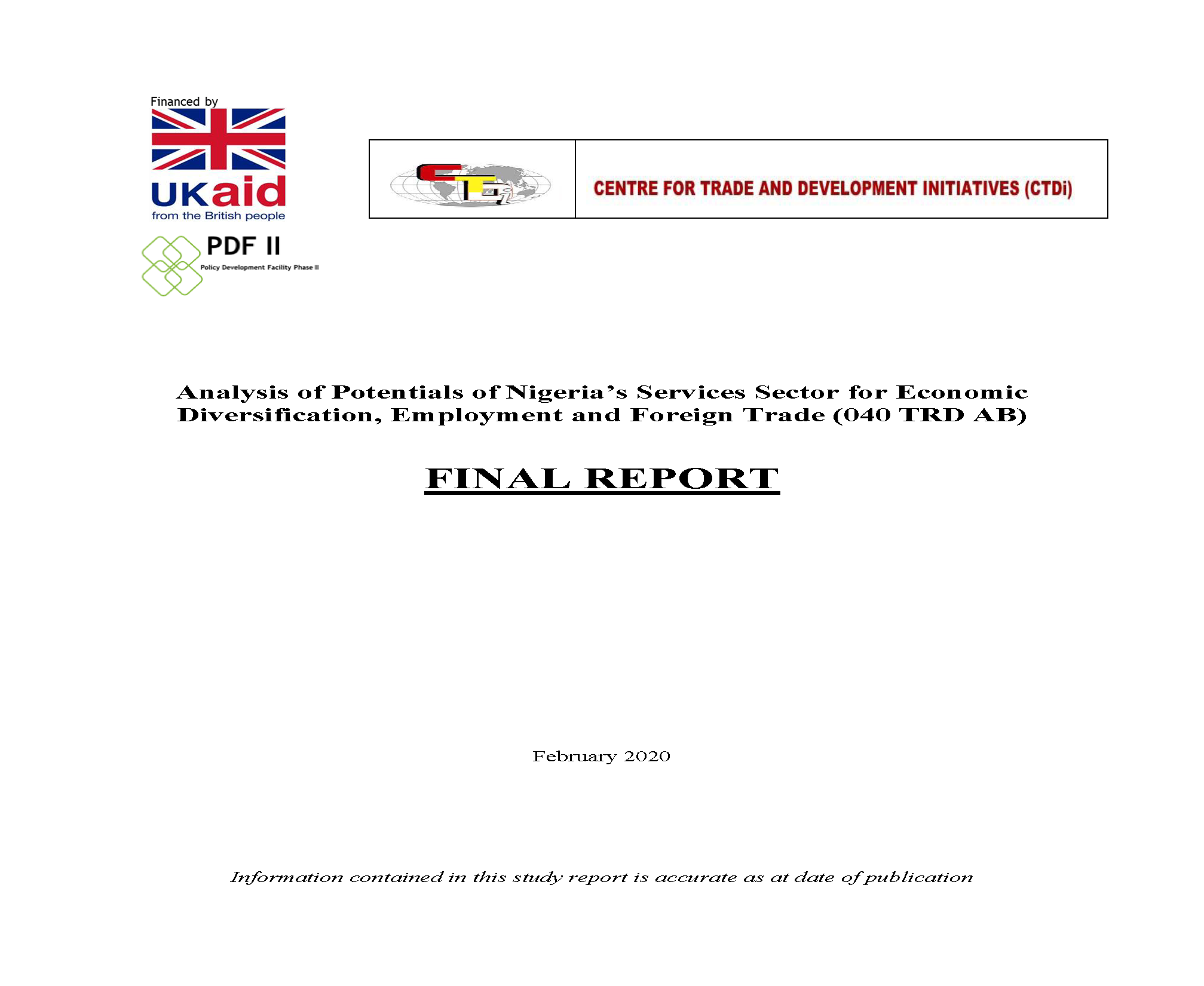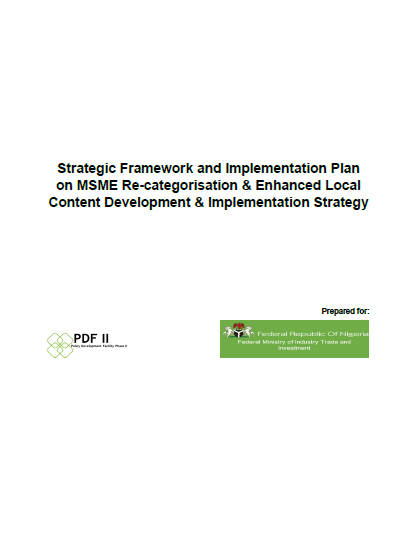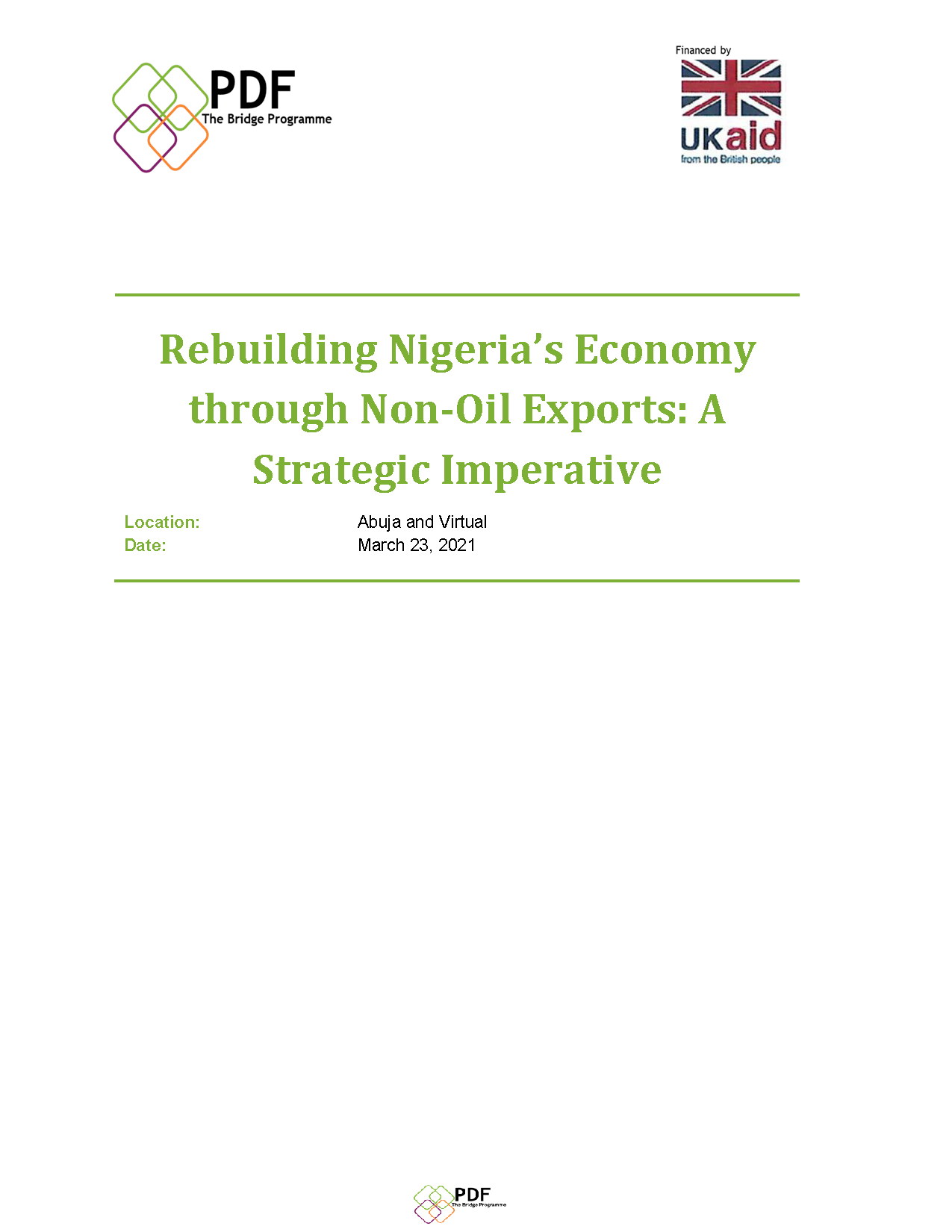Tackling Access to Finance: The Potential of Franchising in Nigeria
This study provides information on the current state of franchising in Nigeria, with such details as the popularity of the model and how the local/ international franchise brands operating in the country have progressed. It also points out the limiting factors, state of enabling laws and possible solutions to identified lapses.

